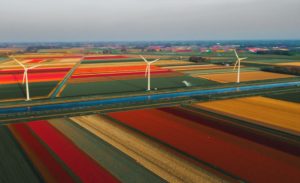Indo-Pacific Environmental Hub
Dynamic Solutions to Protect and Rejuvenate Our Environment
The Indo-Pacific Environmental Hub (IPEH) is a platform for entrepreneurs, NGOs, governments, donors, investors, academics, professionals, students, and volunteers looking for proactive and effective solutions to environmental issues in the Indo-Pacific Region. IPEH’s mission is to deliver accelerated results to the region’s climate-induced challenges and anthropogenic impacts.
Our organization is founded on the principle that the protection and rejuvenation of the planet’s natural harmony is the core of our interconnected societies’ sustainability. This sustainability is inseparable from the advancement of social, ethnic, and gender equity, as economic betterment and education relieve many points of pressure on the environment.
IPEH tackles environmental issues with practical and innovative solutions that mitigate ecological deterioration and rejuvenate our eco-systems.
IPEH is the coordinating center for four different entities:
- Indo-Pacific Climate Challenge Summit & Expo (IP-CCSE)
- Indo-Pacific Environmental Affairs (IPEA): research, consulting, negotiating liaison
- Indo-Pacific Green Growth (IPGG): incubator and venture builder of innovative enterprises
- Environmental Regeneration Institute (ERI): R&D network

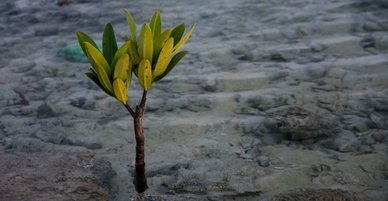


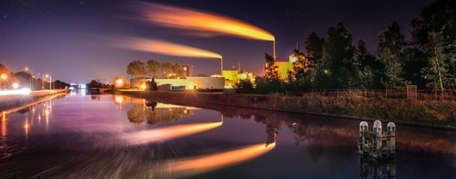

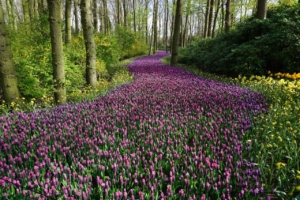
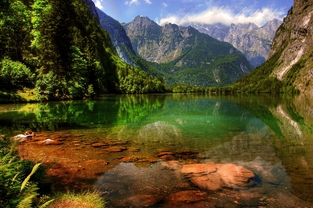

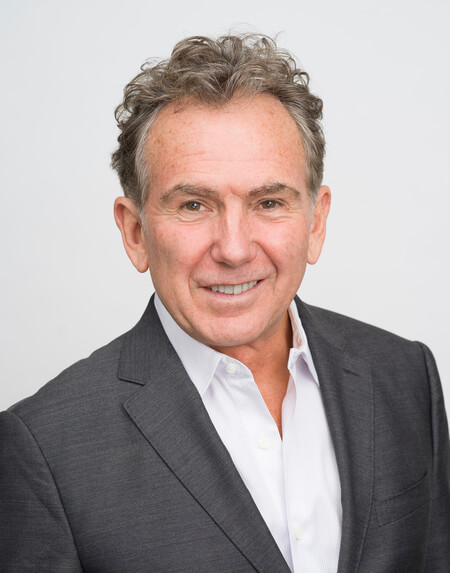
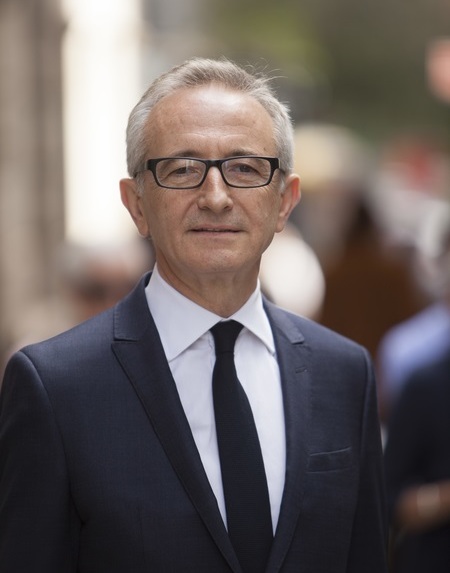
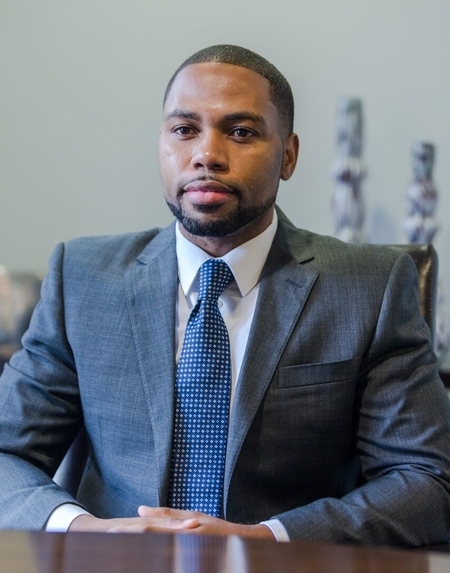
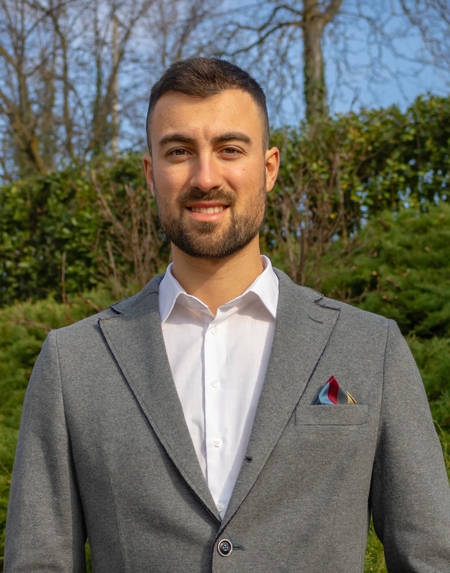
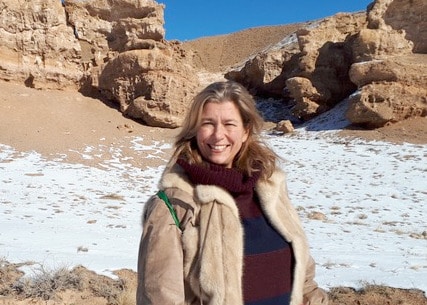
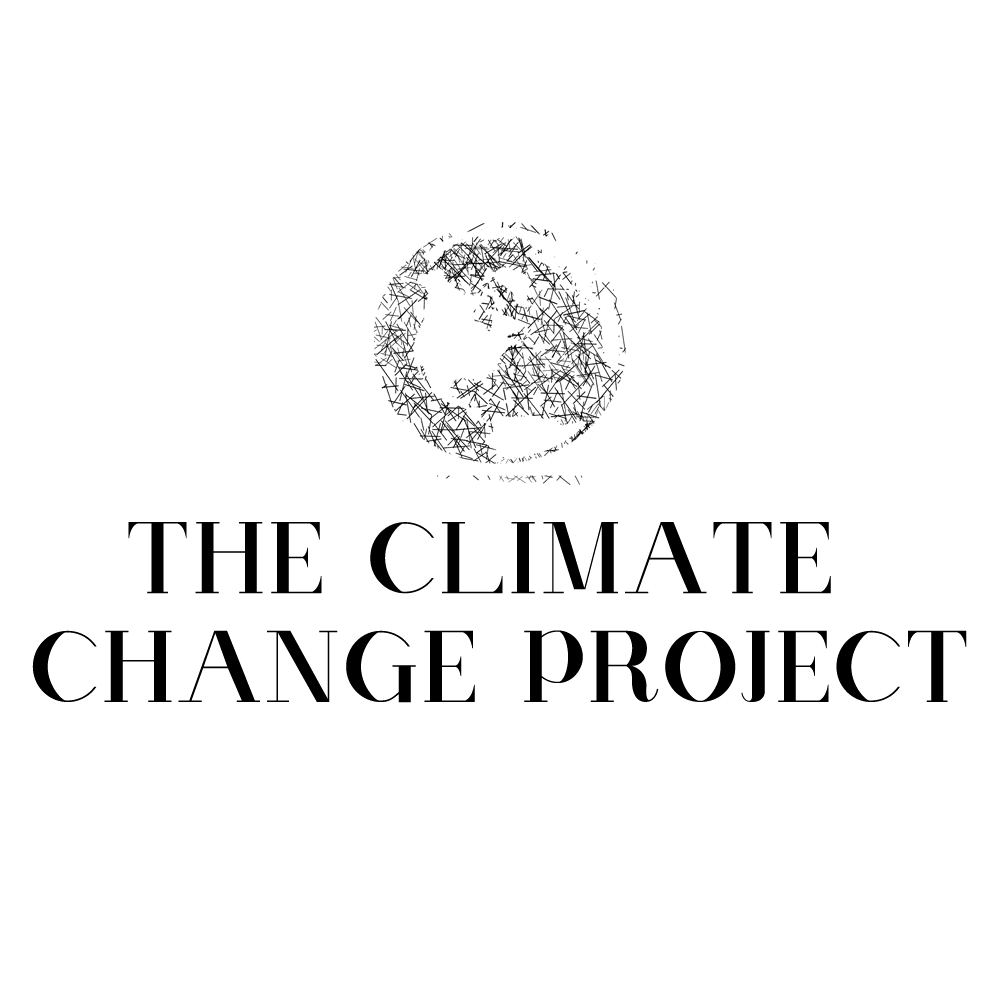
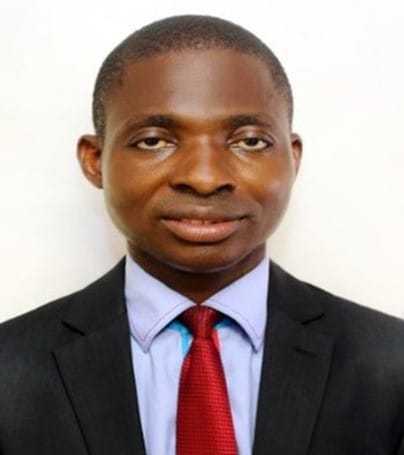
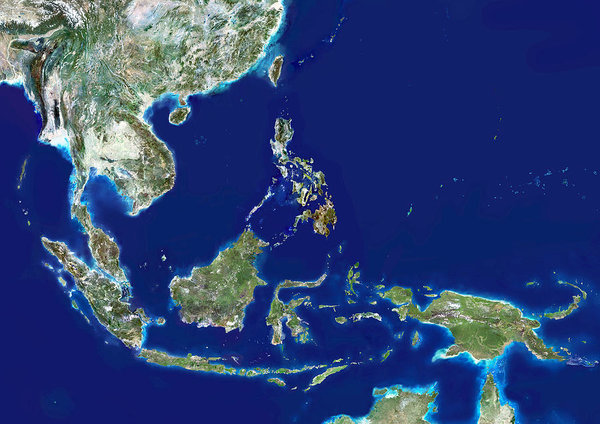
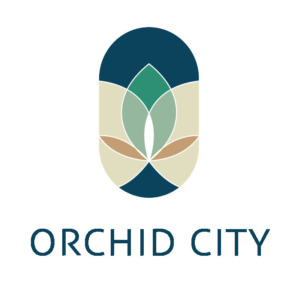
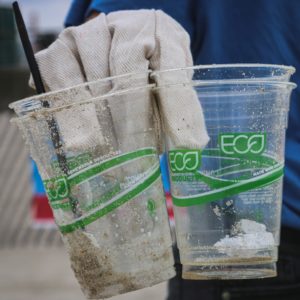

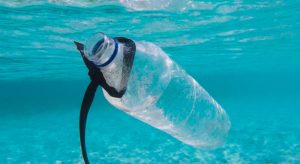
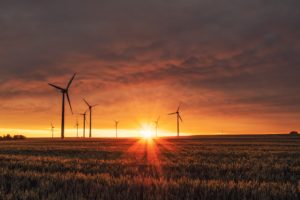
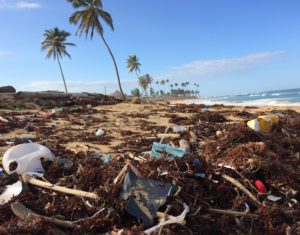 Philip Lajaunie
Philip Lajaunie